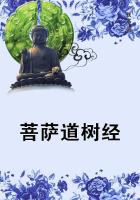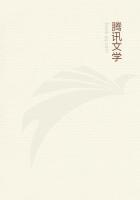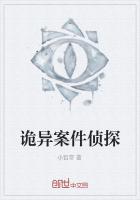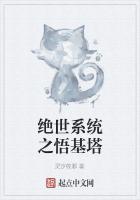We are proud and glad that our women are free to go unveiled, to travel alone, to choose their own husbands; we are proud and glad of every extension of justice already granted by men to women.
Now:--Have any of these concessions been granted because a majority of women asked for them? Was it advanced in opposition to any of them that "women did not want it?" Have as many women ever asked for these things as are now asking for the ballot? If it was desirable to grant these other rights and privileges without the demand of a majority, why is the demand of a majority required before this one is granted?
The child widows of India did not unitedly demand the abolition of the "suttee."
The tortured girl children of China did not rise in overwhelming majority to demand free feet; yet surely no one would refuse to lift these burdens because only a minority of progressive women insisted on justice.
It is a sociological impossibility that a majority of an unorganized class should unite in concerted demand for a right, a duty, which they have never known.
The point to be decided is whether political equality is to the advantage of women and of the state--not whether either, as a body, is asking for it.
Now for the "society" theory. There is a venerable fiction to the effect that women make--and manage, "society." No careful student of comparative history can hold this belief for a moment. Whatever the conditions of the age or place; industrial, financial, religious, political, educational; these conditions are in the hands of men; and these conditions dictate the "society" of that age or place.
"Society" in a constitutional monarchy is one thing; in a primitive despotism another; among millionaires a third; but women do not make the despotism, the monarchy, or the millions. They take social conditions as provided by men, precisely as they take all other conditions at their hands. They do not even modify an existing society to their own interests, being powerless to do so. The "double standard of morals," ruling everywhere in "society," proves this; as does the comparative helplessness of women to enjoy even social entertainments, without the constant attendance and invitation of men.
Even in its great function of exhibition leading to marriage, it is the girls who are trained and exhibited, under closest surveillance; while the men stroll in and out, to chose at will, under no surveillance whatever.
That women, otherwise powerful, may use "society" to further their ends, is as true as that men do; and in England, where women, through their titled and landed position, have always had more political power than here, "society" is a very useful vehicle for the activities of both ***es.
But, in the main, the opportunities of "society" to women, are merely opportunities to use their "feminine influence" in extra domestic lines--a very questionable advantage to the home and family, to motherhood, to women, or to the state.
In religion women have always filled and more than filled the place allowed them. Needless to say it was a low one. The power of the church, its whole management and emoluments, were always in the hands of men, save when the Lady Abbess held her partial sway; but the work of the church has always been helped by women--the men have preached and the women practised!
Charity, as a vocation, is directly in line with the mother instinct, and has always appealed to women. Since we have learned how injurious to true social development this mistaken kindness is, it might almost be classified as a morbid by-product of suppressed femininity!
In passing we may note that charity as a virtue is ranked highest among those nations and religions where women are held lowest. With the Moslems it is a universal law--and in the Moslem Paradise there are no women--save the Houries!
The playground of a man-fenced "society"; the work-ground of a man-taught church; and this "osmosis" of social nutrition, this leakage and seepage of values which should circulate normally, called charity; these are not a sufficient field for the activities of women.
As for those limitations of the "feminine mind" which render her unfit to consider the victuallage of a nation, or the justice of a tax on sugar; it hardly seems as if the charge need be taken seriously. Yet so able a woman as Mrs. Humphry Ward has recently advanced it in all earnestness.
In her view women are capable of handling municipal, but not state affairs. Since even this was once denied them; and since, in England, they have had municipal suffrage for some time; it would seem as if their abilities grew with use, as most abilities do; which is in truth the real answer.
Most women spend their whole lives, and have spent their whole lives for uncounted generations, in the persistent and exclusive contemplation of their own family affairs. They are near-sighted, or near-minded, rather; the trouble is not with the nature of their minds, but with the use of them.
If men as a class had been exclusively confined to the occupation of house-service since history began, they would be similarly unlikely to manifest an acute political intelligence.
We may agree with Tennyson that "Woman is not undeveloped man, but diverse;" that is _women_ are not undeveloped _men;_ but the feminine half of humanity is undeveloped human. They have exercised their feminine functions, but not their human-functions; at least not to their full extent.
Here appears a distinction which needs to be widely appreciated.
We are not merely male and female--all animals are that--our chief distinction is that of race, our humanness.
Male characteristics we share with all males, bird and beast; female characteristics we share with all females, similarly; but human characteristics belong to _genus homo_ alone; and are possessed by both ***es. A female horse is just as much a horse as a male of her species; a female human being is just as human as the male of her species--or ought to be!














